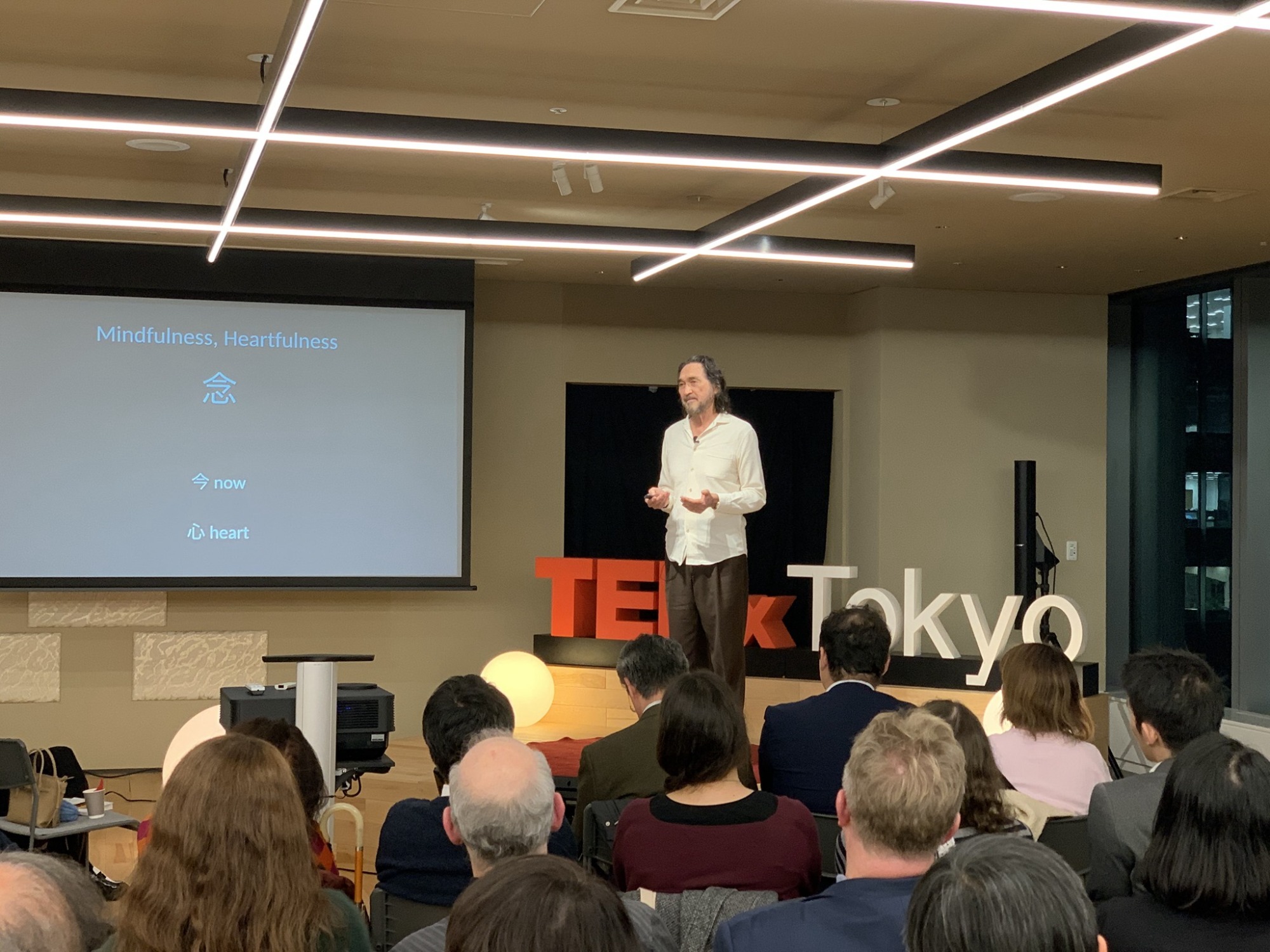The work we do in life is often connected with who we are as people. That was true of Stephen Murphy-Shigematsu, a Japanese American. He made biracial identity the focus of his doctoral studies at Harvard University and the basis of a career teaching psychology at prestigious institutions, including the University of Tokyo and Stanford.
When he first started researching mixed-race studies, he thought being biracial himself separated him from others. Now, aged 68, he feels it connects him to them.
Born whole, people gradually suffer early life experiences. Parents and others tell us who we are and who we are not, what we can and can't become because we are female, a person of color, biracial or whatever, he says. Stories like these can lead to feelings of isolation and alienation, but stories are also the most common form of healing: "A story told one way can harm," Murphy-Shigematsu explains. "A story told another way can heal."

















With your current subscription plan you can comment on stories. However, before writing your first comment, please create a display name in the Profile section of your subscriber account page.